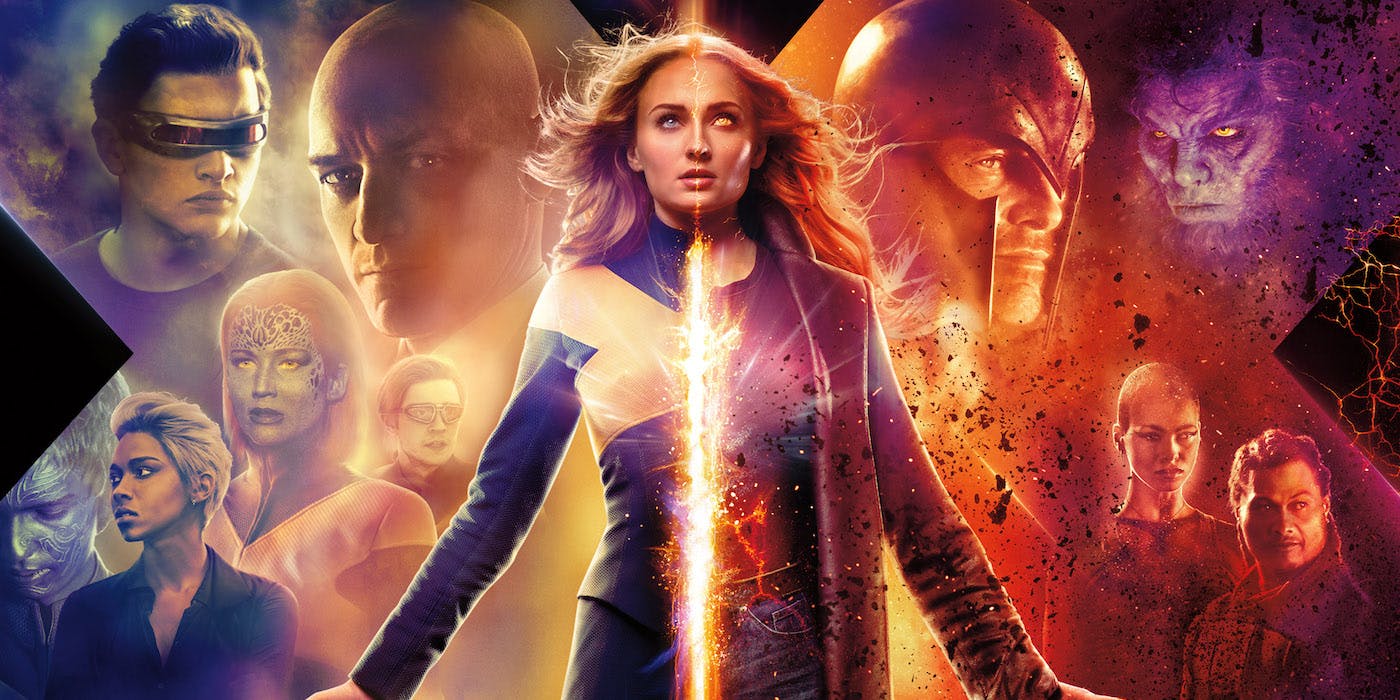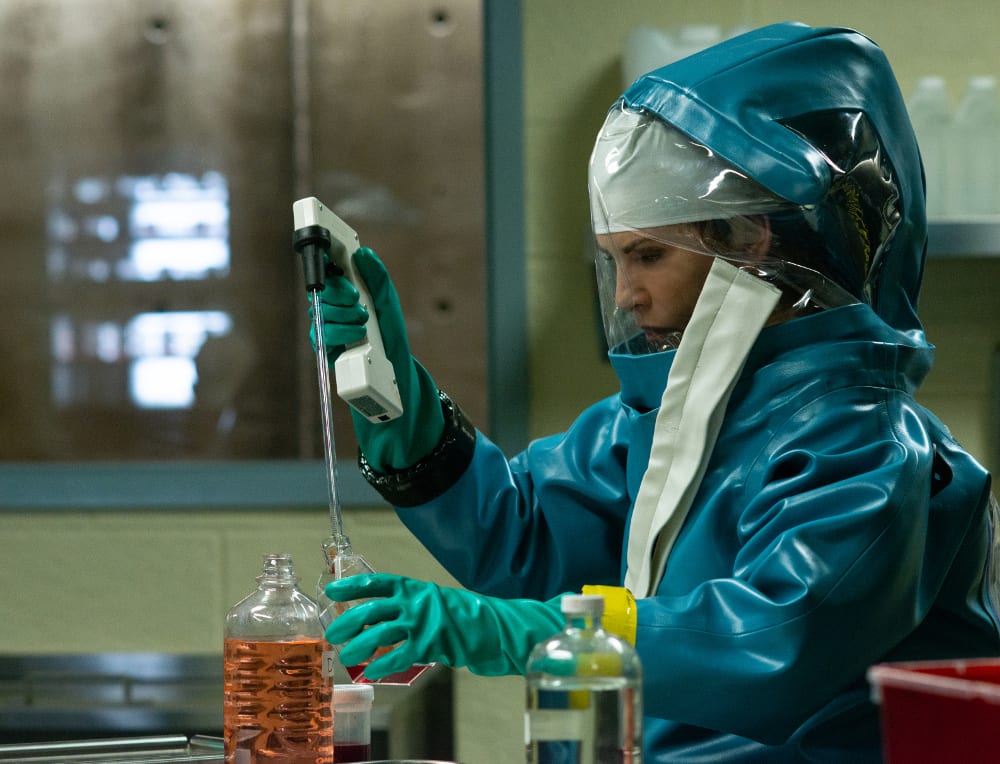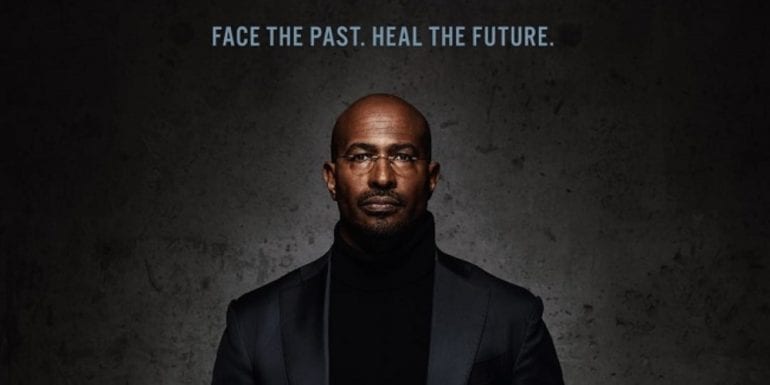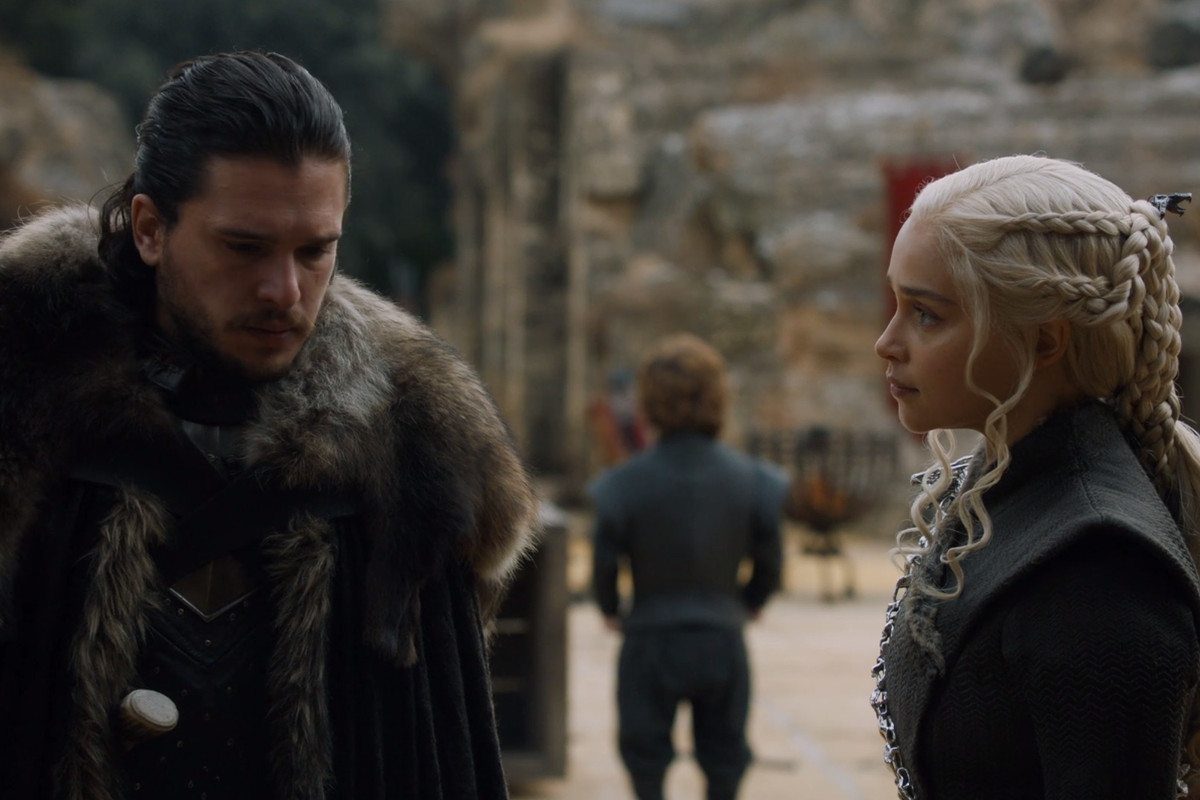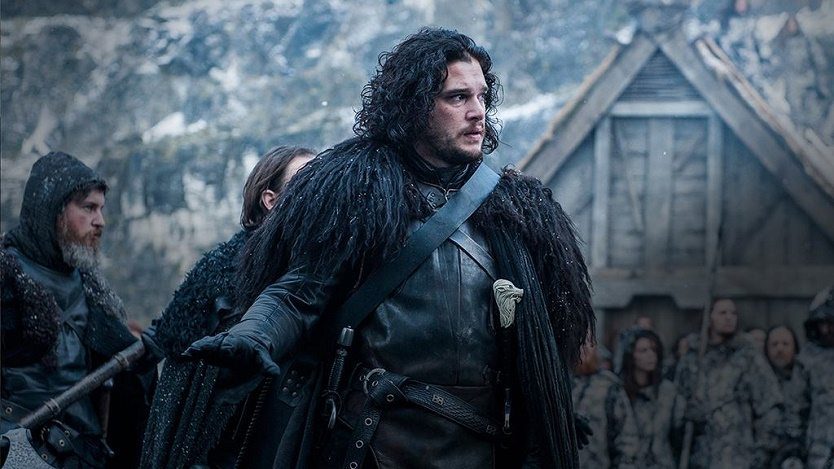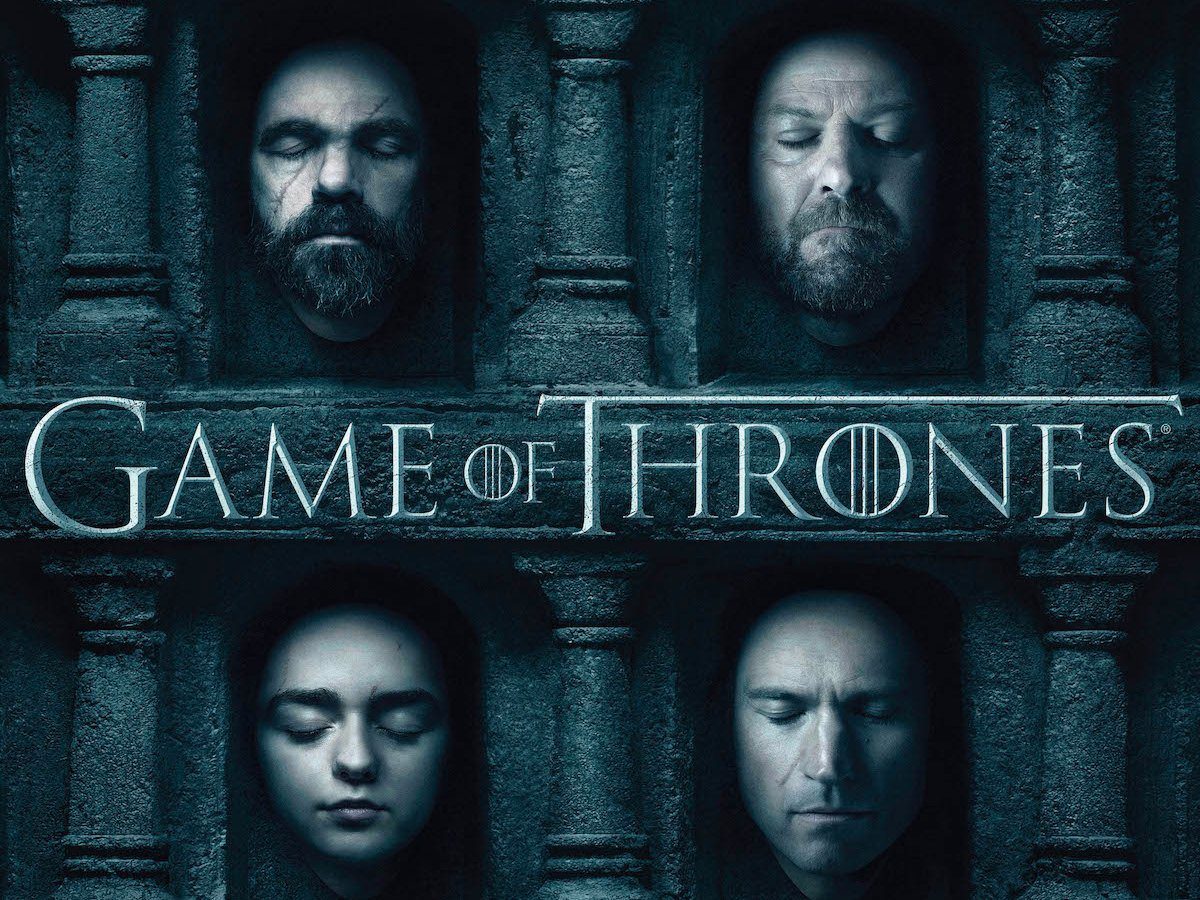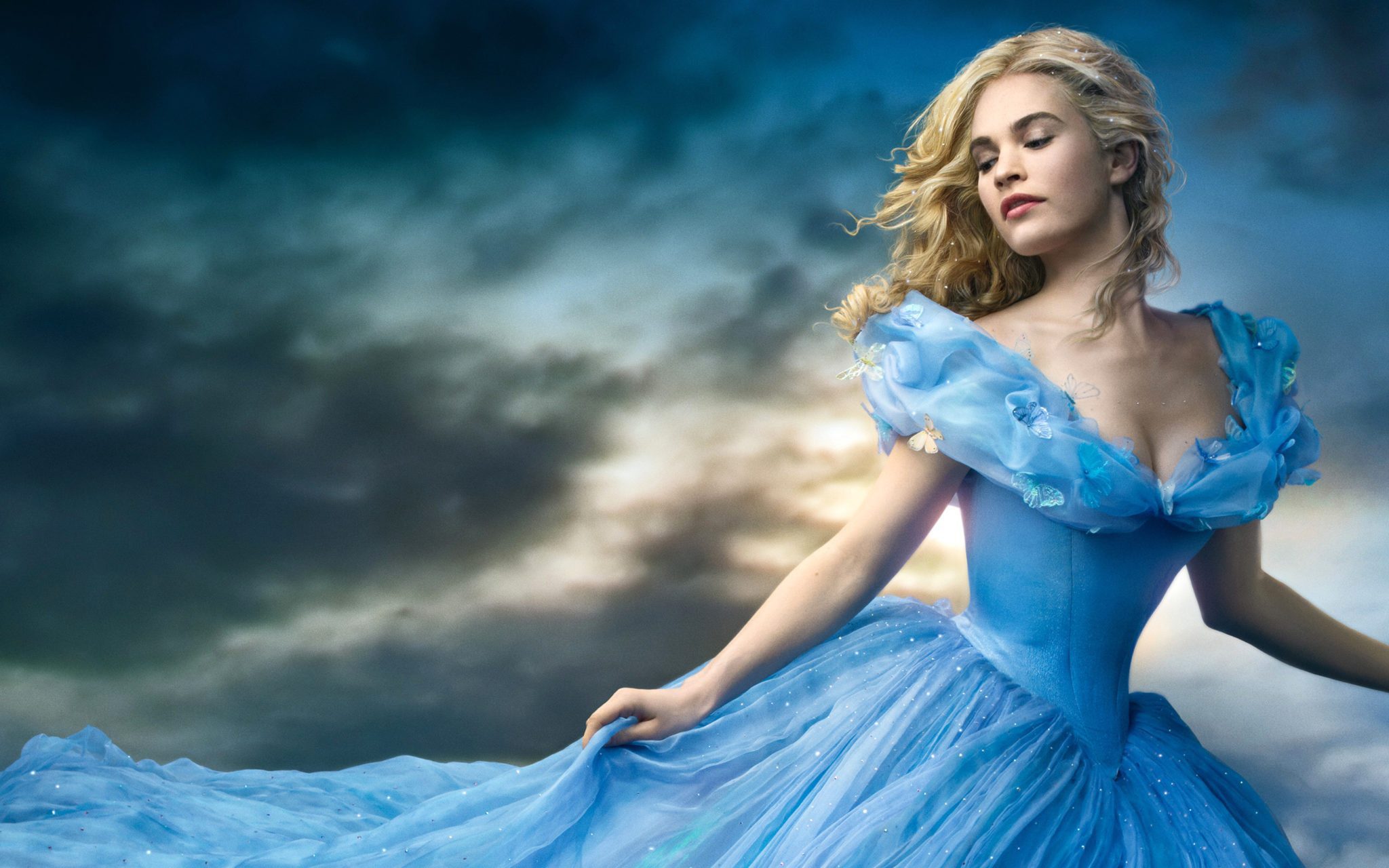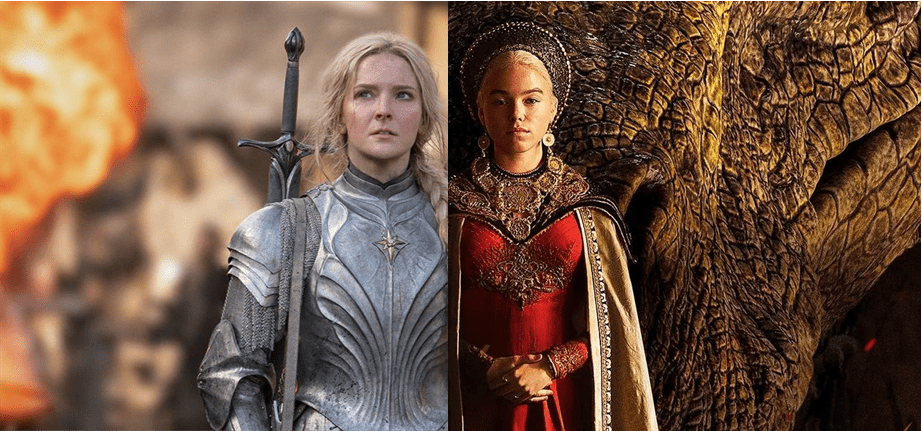
The Lord of the Rings vs. Game of Thrones
Amazon’s The Rings of Power and HBO’s House of the Dragon are two of the hottest shows out right now. In this episode of the Your Sunday Drive podcast, we dig deep into the authors, fantasy universes and worldviews behind The Lord of the Rings and Game of Thrones. How are these works similar and…

